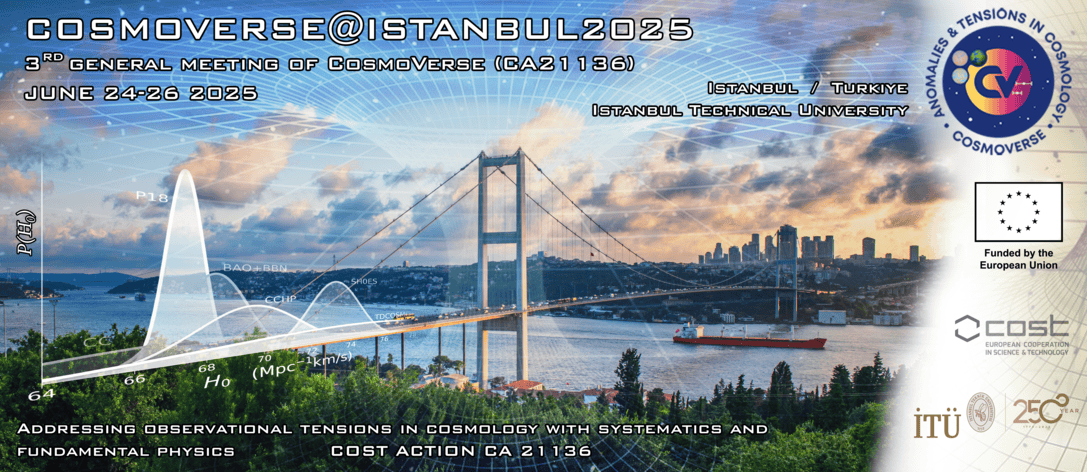Speaker
Description
One of the fundamental predictions of modern cosmology is that we should see the distant universe run slowly, with time dilated by the expansion of space. Numerous searches for this cosmic time dilation in the light curves of distant quasars, some of the most luminous objects in the universe, have failed to find the expected signal, with claims that this challenges the standard cosmological model. I present a new analysis of a sample of quasars monitored over two decades, testing competing hypotheses within a Bayesian framework to search for the influence of cosmology. The key result is that modern cosmology is safe, quasars are truly luminous objects at immense distances, and I will explore how available data and chosen approaches limited previous studies.

